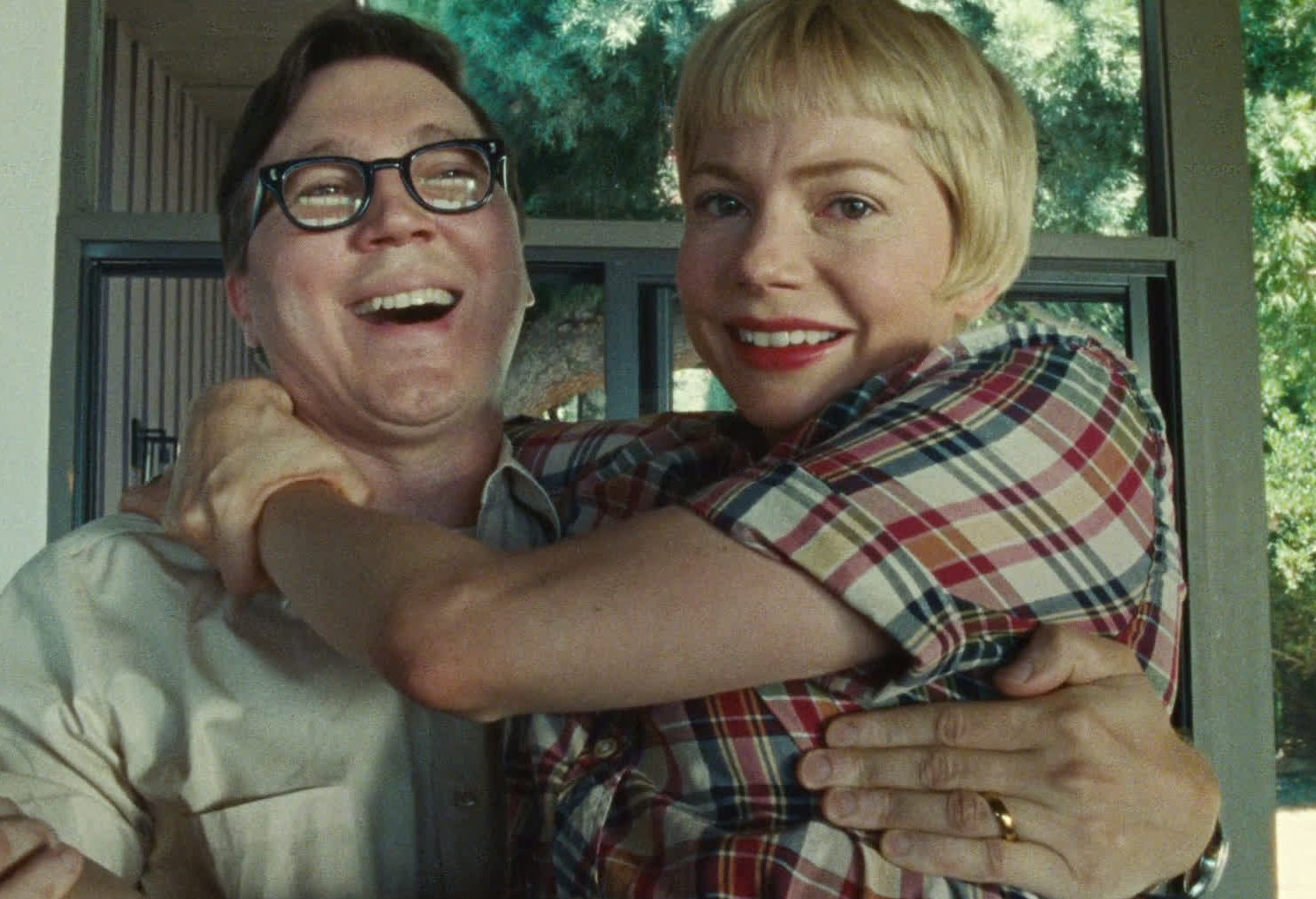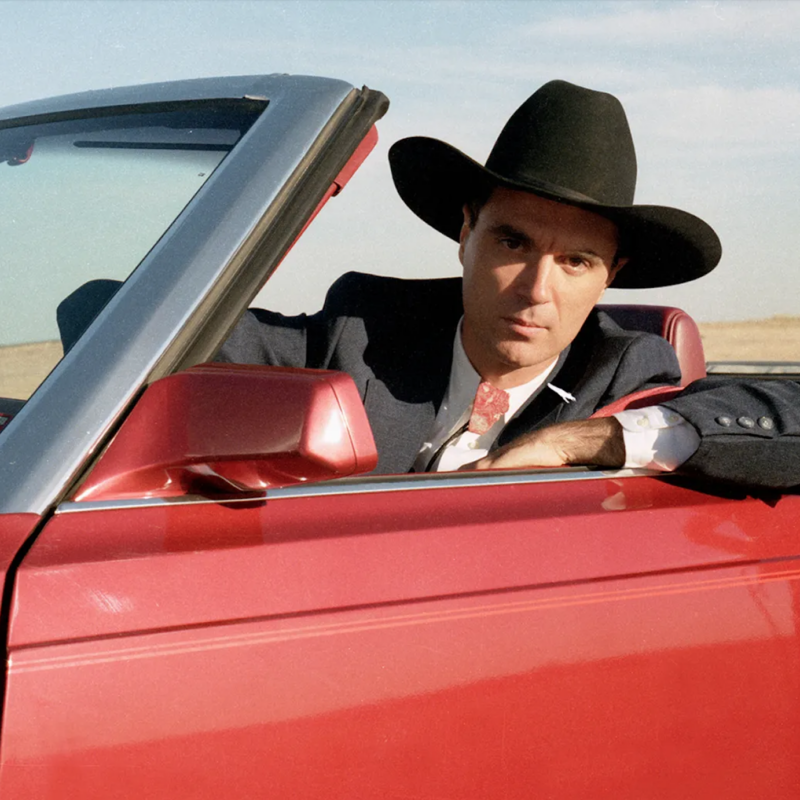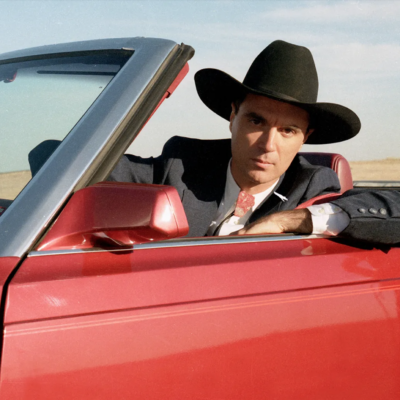Steven Spielberg’s semi-autobiographical The Fabelmans is a re-creation of the director’s early life—partly embroidered—that focuses mainly on his fixation with filmmaking. Overall, it’s a well-told story and a reminder of his gifts for cinematic storytelling, yet it suffers from detrimental lapses into sappiness and unsubtlety.
The film opens on young Spielberg surrogate Sammy Fabelman (Gabriel LaBelle) seeing his first movie. Entranced by the medium, his passion for moviemaking continually grows, as he first enlists his sisters to appear in home movies, then as a teenager, his Boy Scout troops become his subjects.
Meanwhile, a marital rift steadily develops between his parents—pragmatic Burt (Paul Dano), and flighty, artistic Mitzi (Michelle Williams)—in the form of his dad’s best friend, Bennie (Seth Rogen). When the family moves from Arizona to California for Burt’s job promotion, Bennie is left behind, and Sammy must confront the unstable world of adolescence, including antisemitic bullies. His filmmaking muse allows him to compartmentalize, and serves as an escape from his daily troubles.
Sammy embodies the young, hungry Spielberg: eager to prove himself with showy, striking movies. Now, as probably the most successful filmmaker alive, Spielberg has nothing to prove in terms of technique, and he directs The Fabelmans with mature confidence and very little flashiness.
Few living directors have an innate sense of visual storytelling as good as Spielberg. Love his films or hate them, he’s a born moviemaker. But his latest is by no means his best. The title’s blunt wordplay is an indication of just how ham-fisted the movie sometimes gets. Likewise, Mitzi is a Peter Pan kind of person, so she gets a Peter Pan haircut to match. Subtlety is not The Fabelmans’ strong suit.
Throughout his career, Spielberg has shown an extraordinary talent for getting audiences to relate to his characters. Here, he is as acutely observant as ever about family dynamics and the trials, tribulations, and victories of childhood. But his Achilles’ heel is his tendency toward the treacly. He can easily be accused of being the Norman Rockwell of American cinema: technically brilliant, but overwhelmingly sentimental.
There are outstanding individual sequences, including some of the Fabelmans’ family squabbles and a scene where Sammy makes a disturbing discovery while editing home movies. Certain individual lines and shots are some of the best Spielberg has done in years. (To avoid spoilers, they are not listed here.)
In his film debut, LaBelle is outstanding as the teenaged Sammy, and the entire juvenile cast is good. Dano and Williams are both fine as Sammy’s parents, and at their best in quieter moments. Rogen is better than usual as Bennie. In his showy scene as Mitzi’s uncle Boris, Judd Hirsch will divide viewers—whether he’s making the most of a juicy character part or indulging deeply in silly scenery-chewing is open to debate. And David Lynch makes a memorable cameo as the great director John Ford.
The Fabelmans is an enjoyable, entertaining, light movie, (albeit 20 minutes too long), that is worth seeing. But viewing Spielberg’s career high points like Duel and Jaws would be preferable. The bittersweet irony is that The Fabelmans celebrates moviemaking and the shared experience of moviegoing, as theatrical attendance dips starkly low. It’s also a love letter to a kind of “handmade,” organic filmmaking that computers now largely overshadow. Try as it might to be inspirational, it’s also a sad reminder of what the medium has lost.
The Fabelmans
PG-13, 151 minutes
Regal Stonefield & IMAX, Alamo Drafthouse Cinema






